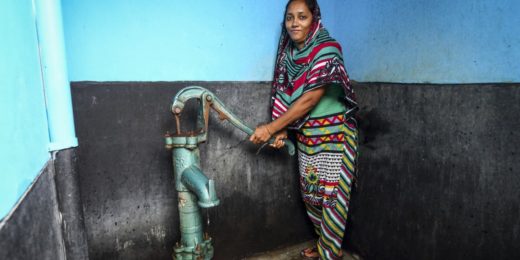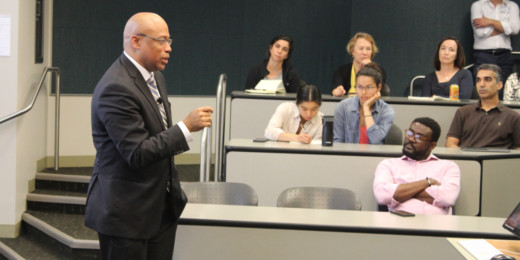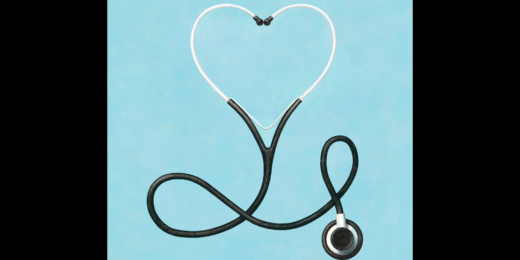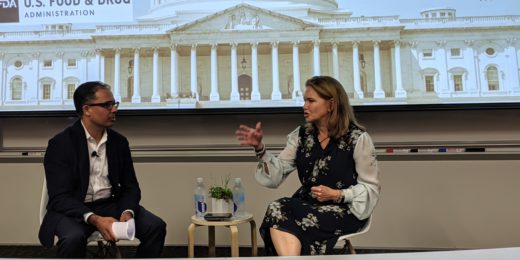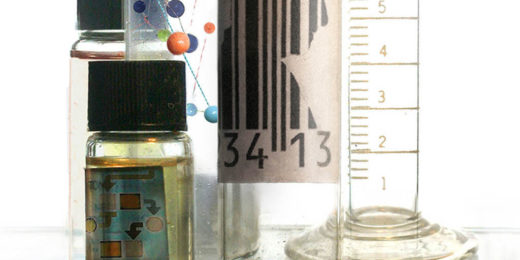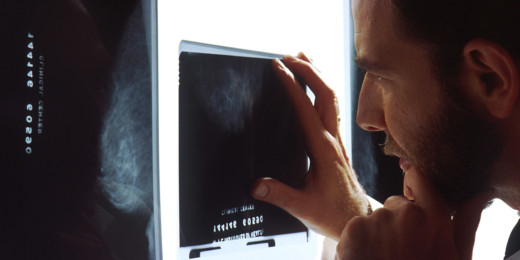Stanford scientists have found 16 new genetic variants linked to a greater risk for autism, a finding that could help identify biomarkers for the disorder.
Popular
Disinfecting device shows promise in reducing childhood diarrhea in developing countries
A low-cost device provides good-tasting water, avoids the need for in-home treatment and lowers rates of diarrhea in children, according to a study.
Celebrating 10,000 posts!
Launched in 2009, Scope has published 10,000 posts. A celebration featuring narrative writing — kicking off with a piece from Abraham Verghese — is planned.
“Reach back, engage, and just do it”: Tips to enhance diversity in medicine
At a recent event, Ohio cardiologist Quinn Capers shared his perspective on the importance of cultivating diversity in medicine.
Scientists zero in on cancer treatments using CRISPR
Scientists have used CRISPR-Cas9 gene editing technology to decipher the genes critical to the success of a type of cancer drug, antibody-drug conjugates.
In the Spotlight: Helping children — and medical residents — grow and thrive
This In the Spotlight features Lahia Yemane, a pediatrician and associate program director for the pediatrics residency program.
Stanford Medicine magazine spotlights initiatives that add value to health care
The new Stanford Medicine magazine examines value, with a focus on disease detection, patient-doctor relationships and the latest health technology.
Looking beyond drug treatments for parasitic disease
A Stanford study investigates the barriers to controlling parasitic disease and possible interventions beyond mass drug and education campaigns.
Move quickly but safely: A view from inside the FDA
At a recent talk on campus, Amy Abernethy, an FDA principal deputy commissioner, discussed her career and her work to facilitate clinical advances.
Managing a medical emergency — on a budget: Scope@10,000
As physician Ilana Yurkiewicz writes, it can be challenging to treat a patient with a hematological emergency who is concerned about the cost of care.
Revamped biobank brings together clinical care and research
A new approach to biobanking that streamlines sample storage and processing is enabling Stanford scientists and doctors to pursue new lines of research.
Thanks to my parents, I can venture on, alone
In this Stanford Medicine Unplugged feature, second-year medical student Tasnim Ahmed reflects on how her education separates her from her parents.
No facilities for that: Scope@10,000
Writer Adam Hochschild reflects on a health care experience abroad that underscores the "absurdities" of the American medical system.
Doctors give electronic health records ‘F’ rating, study says
Electronic health records are not user-friendly according to a survey of physicians, which also linked these results with burnout.
Close calls: How AI could improve breast tumor diagnosis
In this episode of "The Future of Everything," host Russ Altman and guest Ross Shachter discuss how AI can help radiologists with diagnosis accuracy.
Searching for place — A physician’s first short story collection
Stanford obstetrician Yasser El-Sayed has published a collection of short stories exploring themes of home, identity and cultural dislocation.



